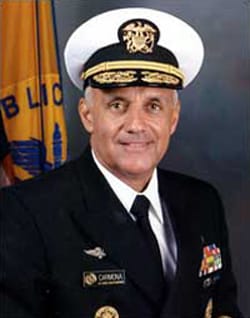At a glance
Many people say that if senior leaders would speak up about health literacy, we would make more progress in this field. Some government officials and public health leaders have spoken up. Read what they’re saying about health literacy.
Kamala Harris, Vice President of the United States of America
From remarks delivered at the National League of Cities Conference on March 8, 2021:
"Our administration will offer $250 million in grants for localities to partner with community organizations on health literacy. Our goal is to provide underserved communities with the information they need to stay safe and to get vaccinated...When folks have the information and the education, they have...the tools that equip them to take care of themselves and their family."
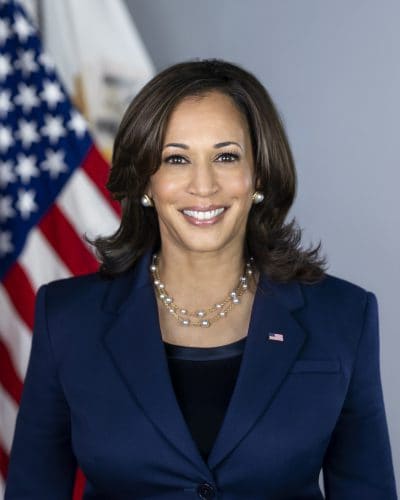
Admiral Rachel L. Levine, M.D., Assistant Secretary for Health
June 28, 2021
"The Advancing Health Literacy initiative is a vital part of the HHS efforts to help communities hardest hit by the pandemic access and understand COVID-related information. This funding, and the partnerships with local and community entities across the country, will help our national efforts to continue to tackle health disparities surrounding COVID-19 vaccination, testing, and treatment."
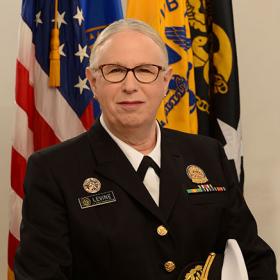
Vice Admiral Vivek H. Murthy, M.D., M.B.A., U.S. Surgeon General
"Build the Great American Community" on April 22, 2015
"First, we will combat misinformation with clear communication. Whether e-cigarettes or the latest diet fad, marijuana or the measles, we will give the American people the best information so they can make good decisions for their own health."
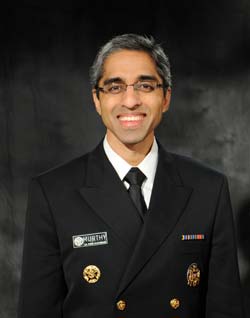
RADM Felicia Collins, M.D., M.P.H., Deputy Assistant Secretary for Minority Health
June 28, 2021
"COVID-19 highlights the importance of health literacy, of understanding public health measures, and taking steps to protect ourselves, our families, and our communities. Our new health literacy initiative will help local governments enhance their health literacy efforts to reduce COVID-related disparities within racial and ethnic minority populations and other vulnerable communities."
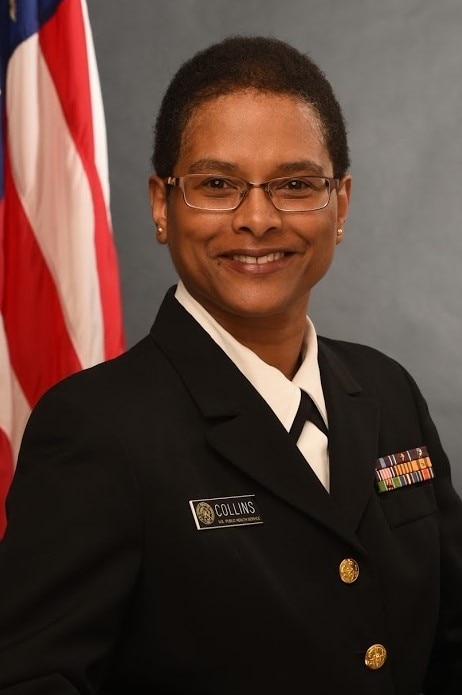
Debra Houry, M.D., M.P.H., Deputy Director for Program and Science and Chief Medical Officer, Centers for Disease Control and Prevention
“Using health literacy best practices, such as plain language, culturally appropriate language, message testing, and trusted messengers, is critical to CDC’s mission of saving lives and protecting people from health threats. When the public can find, understand, and use our messaging, they’re more likely to make informed decisions.”
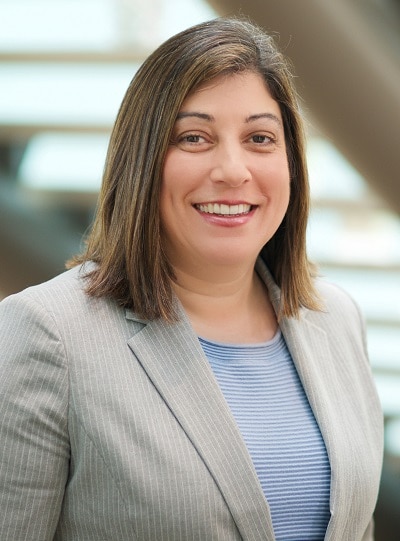
Brett P. Giroir, M.D., former U.S. Assistant Secretary for Health
December 19, 2019
"Health for all Americans starts with health literacy. Half of U.S. adults have limited literacy skills and up to 9 in 10 are not proficient in health literacy. All sectors of health — from public health to health care delivery to health policy — need to commit to meeting people where they are with health information that is easy to understand."
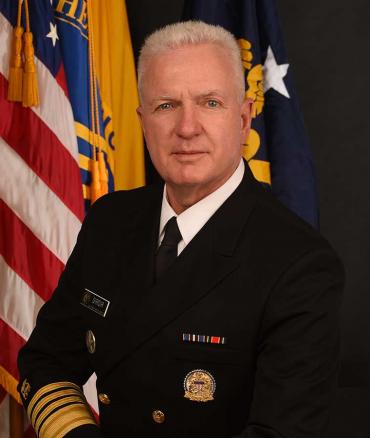
Robert Redfield, M.D., former Director, Centers for Disease Control and Prevention
December 19, 2019
"The Centers for Disease Control and Prevention (CDC) is the leading science-based, data-driven service center in the world. It's important that our science is made clear, concise, and actionable for people to use and to make informed health decisions. CDC is dedicated to being a leader in health literacy and plain language principles when communicating with the public."
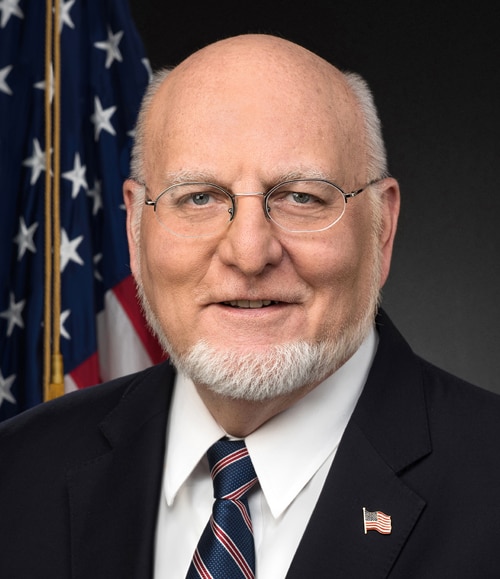
Gopal Khanna, M.B.A., former Director, Agency for Healthcare Research and Quality, HHS
December 19, 2019
"To deliver high-quality, safe, and high-value care, health care systems must provide information that people can easily find, understand, and use. Health literacy tools can help systems deliver person-centered care."
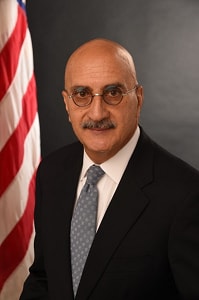
Sylvia Mathews Burwell, A.B., B.A., former Secretary of Health & Human Services (HHS)
Minority Health Month: Making Progress on Health Disparities on April 13, 2015
"If we want health equity, we need to make health literacy a priority. That's why HHS has launched a campaign to bring people from "Coverage to Care," to connect people to the care they need; teach them how to understand their benefits and their bills; and give them the tools to make healthier decisions."
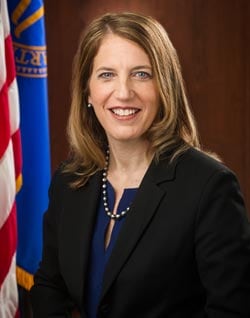
Howard Koh, M.D., M.P.H., former U.S. Assistant Secretary of Health
Literacy to Move Beyond the Cycle of Costly Crisis Care, Health Literacy Out Loud #77, May 8, 2012
"It was amazing to me as a provider and physician the range of responses I got. Some people had a very clear, scientific understanding of their condition, particularly cancer. Others would go on the internet and read information that was either of high quality or not and come in absolutely terrified. I came to respect that each person is different. Each patient situation is different, and the patient's level of understanding about their options differs greatly as well. This is at the heart of health literacy in my view as a clinician, starting where the patient is and going from there."
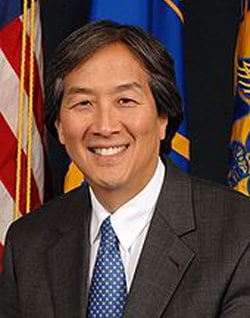
Regina M. Benjamin, M.D., M.B.A., former U.S. Surgeon General
Improving Health By Improving Health Literacy, Public Health Reports, issue 6, 2010
"As clinicians, what we say does not matter unless our patients are able to understand the information we give them well enough to use it to make good health-care decisions. Otherwise, we didn't reach them, and that is the same as if we didn't treat them."
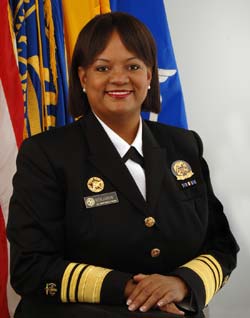
Richard Carmona, M.D., M.P.H., former U.S. Surgeon General
Health Literacy: A National Priority, Journal of General Internal Medicine, August 2006
"The poor state of health literacy in America is a crisis. It is an underlying cause of disparities. It is also a source of extensive disempowerment and perpetuates preventable disease."
